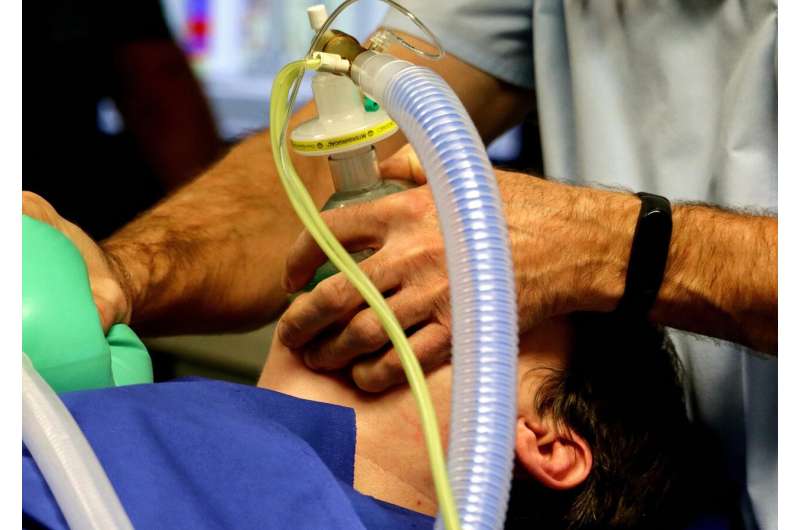Parental Liver Disease Mortality Significantly Increases Risk of Alcohol-Related Hepatitis in Offspring

A new study reveals that parental death from liver disease more than doubles the risk of alcohol-associated hepatitis in offspring, highlighting the importance of family medical history in prevention and early intervention strategies.
Recent research conducted by the Indiana University School of Medicine and the Regenstrief Institute has uncovered a significant link between parental liver disease and the future health of their children. The study reveals that individuals whose parents died from liver disease face more than twice the risk of developing alcohol-associated hepatitis—a severe and often fatal liver condition linked to excessive alcohol consumption—compared to heavy drinkers without such family history. This groundbreaking research, published in the journal Hepatology Communications, highlights the vital importance of family medical history in assessing risk for alcohol-related liver diseases.
The investigation focused on how parental death due to liver disease influences the development and prognosis of alcohol-related hepatitis in adult offspring. In the United States, nearly 20,000 lives are lost annually to alcoholic liver disease. While excessive alcohol intake is a primary factor, the biological mechanisms that cause some heavy drinkers to develop severe liver conditions remain unclear. To better understand this, researchers analyzed data from large, multicenter cohorts, comparing patients diagnosed with alcohol-associated hepatitis to heavy drinkers without significant liver damage.
Key findings showed that parental alcohol use disorder was prevalent in both groups; however, a parent's death from liver disease emerged as a clear indicator of increased susceptibility. Recognizing a family history of liver mortality can be a crucial step in early intervention, as it may allow for targeted counseling to reduce alcohol consumption and prevent disease onset.
Dr. Wanzhu Tu, the lead author, emphasized that alcohol-associated hepatitis is a critical health issue with a high short-term mortality rate, compounded by the lack of FDA-approved treatments. While corticosteroids can reduce liver inflammation, they carry risks and are not suitable for all patients. Therefore, prevention remains the most effective strategy, with early identification of at-risk individuals being paramount.
The study also found that patients with a family history of liver death are more likely to experience worse outcomes, including higher mortality within 90 days of diagnosis. Recognizing this familial risk marker can help clinicians better identify high-risk patients, guide preventive measures such as lifestyle modifications, and encourage abstinence from alcohol.
The researchers call for further studies to explore the genetic and epigenetic factors underlying this familial risk, including inherited susceptibility and environmental stressors. Understanding these could be critical in developing personalized prevention and treatment strategies for alcohol-related liver diseases.
In summary, parental death from liver disease significantly increases the likelihood of alcohol-associated hepatitis in the next generation, underscoring the importance of family medical history in risk assessment and prevention efforts.
Stay Updated with Mia's Feed
Get the latest health & wellness insights delivered straight to your inbox.
Related Articles
Breakthrough in Natural Molecules Offers Hope for Glaucoma Patients
Scientists at the University of Missouri have identified natural molecules that could serve as biomarkers for early glaucoma detection and potential neuroprotective therapies to prevent vision loss. Discover how agmatine and thiamine might transform glaucoma management.
New Insights into How Acetaminophen Relieves Pain Could Lead to Safer Medications
A groundbreaking study reveals how acetaminophen, or Tylenol, inhibits a specific enzyme to reduce pain, challenging previous beliefs and opening new avenues for safer pain medications.
Innovative AI Technology Assists in Critical Patient Intubation Decisions
A novel AI model developed by Warwick researchers aims to predict the failure of noninvasive ventilation in patients with acute respiratory failure, supporting critical care decisions and improving patient outcomes.
New Biomarker May Improve Early Detection of Cardiovascular Disease in Kidney Patients
A groundbreaking study suggests that the blood marker SDMA may be a more effective early indicator of cardiovascular issues in chronic kidney disease patients than the traditionally used ADMA, promising earlier detection and intervention.



